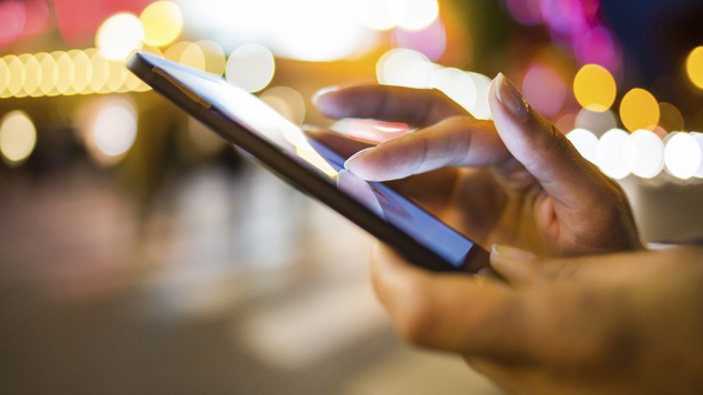I’m a slave to social media and it drives me nuts.
I feel compelled to have Twitter and Facebook for work. Instagram for socialising. I wisely never touch TikTok because from all accounts, that’s the most addictive platform of the lot. But if I have to battle to stop myself from reflexively picking up my phone and checking the ‘gram, I can’t imagine how hard it is for the generations who’ve never known a world without smart phones.
Australia looks set to forge ahead with a ban on social media for young people. The South Australian government will ban it for kids under 14 and put the onus on the platforms to use age verification tools in making sure younger kids aren’t setting up accounts. 14 and 15 years olds will need explicit parental permission to access the likes of Snapchat, TikTok, Instagram and X.
But is that excessive? Is social media really comparable to booze or tobacco? And if it’s causing harm, is it really the state’s job to step in?
I’m a huge fan of the work of U.S Social Psychologist Jonathan Haidt, author of ‘The Coddling of the American Mind.’ He says that overprotection from parents and schools has caused young people to be less resilient than in the past. I think there’s a lot in that. But I also agree with him that a lot of social and psychological damage in young people stems directly from social media. No phones until high school and keep them off social media until they’re at least 16, he says. Don’t you think it’s crazy that social media executives openly admit they refuse to let their own kids use their platforms, while claiming it’s all good for everyone else’s?
I supported the phone ban in schools. I think it’s common sense. And in a way, this is the same: it’s a collective action problem. At the moment, parents know that if they let their kid on social media at a young age, even at 13, which is the stated age limit for many of the platforms, it’s potentially doing them harm. But if they deny their kid any social platforms, parents often feel the child runs the risk of being socially ostracised.
Easy to say this now, given our boy’s only seven, but I’d like to think if in the future it’s a binary choice between letting him access social media when he’s really young, or supporting him if he gets stick because some of his classmates are online and he’s not... well, I’d take the latter option. I guess I’m a bit old school and strict.
But regulation would mean a collective standard. The same rules across the board. And if we agree that an unregulated system isn’t doing our kids much good, perhaps it’s time to consider something different.
Take your Radio, Podcasts and Music with you









